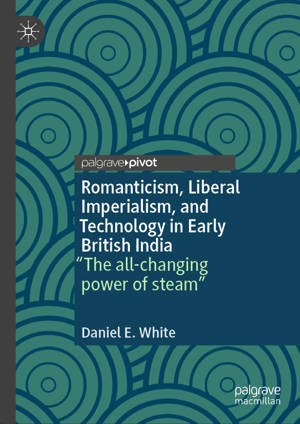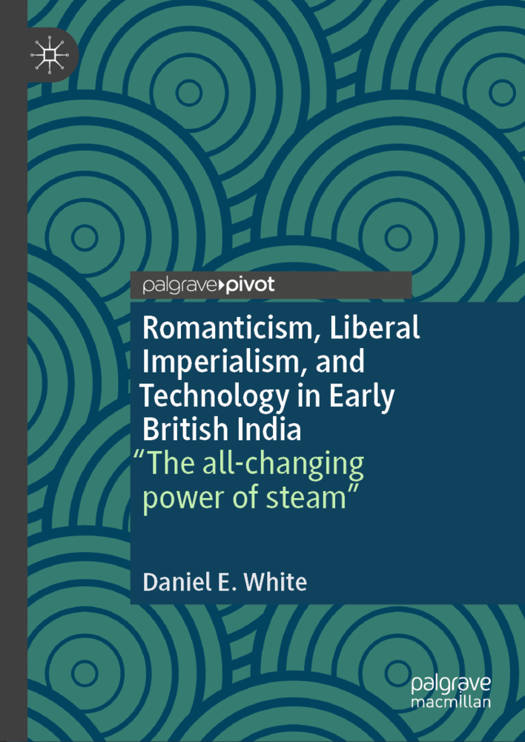
- Retrait gratuit dans votre magasin Club
- 7.000.000 titres dans notre catalogue
- Payer en toute sécurité
- Toujours un magasin près de chez vous
- Retrait gratuit dans votre magasin Club
- 7.000.0000 titres dans notre catalogue
- Payer en toute sécurité
- Toujours un magasin près de chez vous
Romanticism, Liberal Imperialism, and Technology in Early British India
"The All-Changing Power of Steam"
Daniel E WhiteDescription
Considering metropolitan and colonial cultural production as a "unitary field of analysis," this book shows how tensions in the 1830s between utilitarian and Romantic perspectives on steam power marked meaningful divisions within the pervasive liberal imperialism of the period and generated divergent speculative fantasies, set in the twentieth and twenty-first centuries, about the future of Indian nationalism. Poetry and fiction in Britain and Bengal engage with a Romantic strain of thought and sentiment according to which steam technology represents an anti-utilitarian humanization of nature. Within and against that frame and in uneven and different ways, writers in British India map a constellation of liberal values onto their hopes and fears concerning a future powered by steam.
Spécifications
Parties prenantes
- Auteur(s) :
- Editeur:
Contenu
- Nombre de pages :
- 91
- Langue:
- Anglais
Caractéristiques
- EAN:
- 9783031607042
- Date de parution :
- 15-07-24
- Format:
- Livre relié
- Format numérique:
- Genaaid
- Dimensions :
- 140 mm x 201 mm
- Poids :
- 249 g

Les avis
Nous publions uniquement les avis qui respectent les conditions requises. Consultez nos conditions pour les avis.






